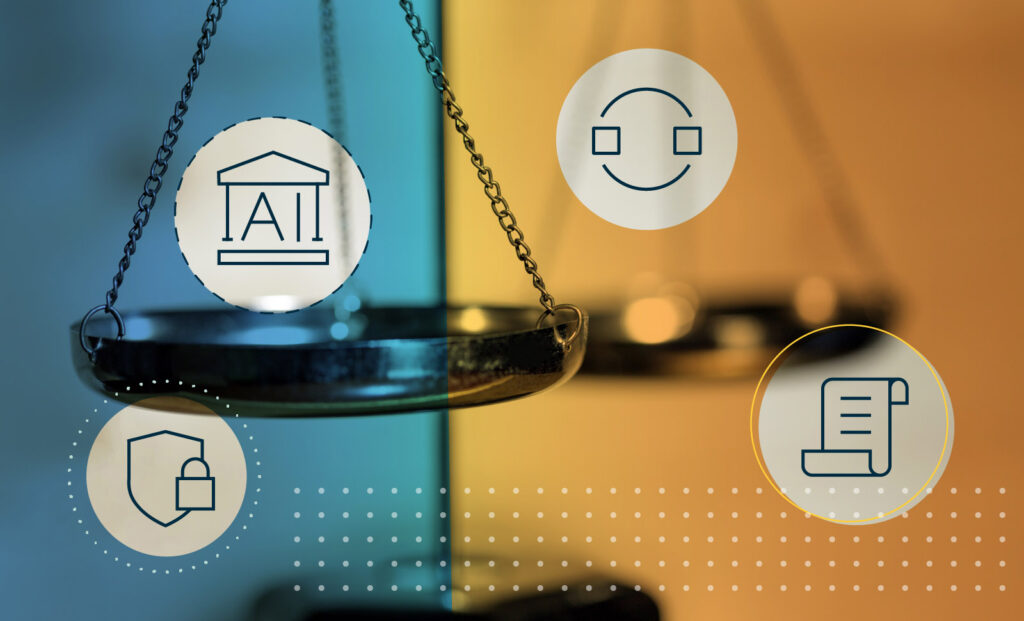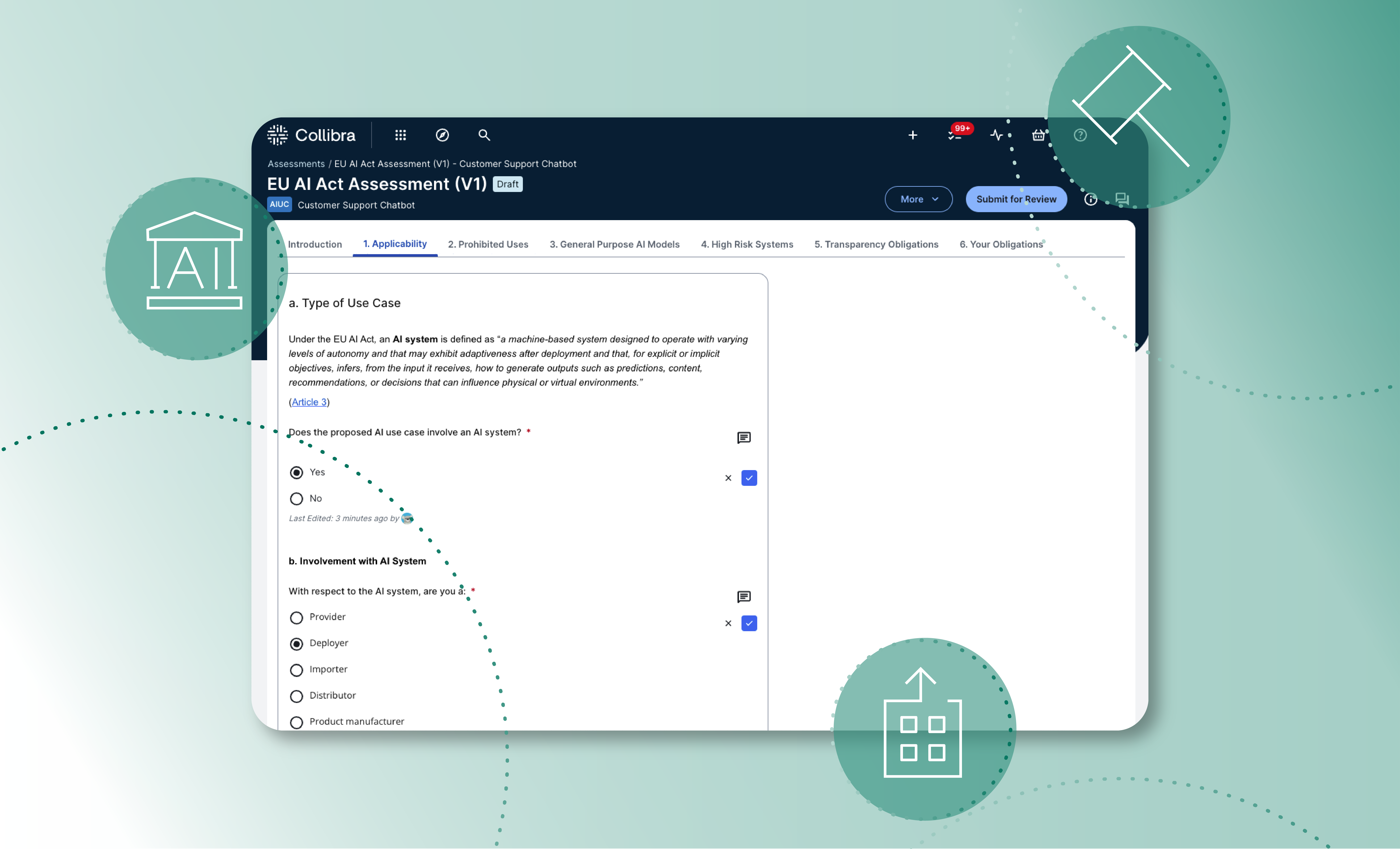In today’s digital age, artificial intelligence (AI) and data are at the forefront of technological advancements. As professionals in the AI and data sector, we have seen the transformative power of AI and its potential to reshape industries. From healthcare innovations to next-gen social platforms, AI and data are the driving forces behind our modern world.
Today, AI has the potential to fundamentally transform the way we work and live. With great power and potential comes great responsibility. AI companies and data scientists understand the ethical challenges AI presents. From bias in the loan application process to predictive policing, AI poses real risks to privacy and more.
However, AI — much like data — is neutral when it comes to ethical decisions. It’s the humans behind these technologies and the organizations they represent that must instill ethical values and ensure responsible governance. The decisions made in this realm have profound impacts, both positive and negative. An ethically-driven organization will always prioritize the well-being of individuals and society. This is the essence of the AI ethics and data governance conversation.
For organizations seeking a structured approach to AI governance, our AI governance framework is an easy-to-implement guide that can help get your AI governance program in place.
Ethical principles in AI design and deployment
Ethical principles are the bedrock of AI algorithm design. They guide the development and deployment of AI solutions, ensuring that they align with human values and societal norms.
However, translating these ethical principles into actionable AI Governance policies is no small feat. Determining which aspects of AI governance should be universally standardized versus those that warrant case-by-case consideration can be intricate.
For comprehensive insights on governing AI, visit our AI governance page.
To foster ethical AI systems, it’s crucial to adopt best practices, guidelines, and approaches that seamlessly integrate ethical principles into AI algorithms.
Navigating legal frameworks and regulations to implement AI governance
Grasping the legal intricacies surrounding AI can be daunting, especially for those not well-versed in legal jargon.
For multinational corporations, the challenge is twofold. First, legal frameworks related to AI differ across countries, making it cumbersome to establish a one-size-fits-all policy. Second, the legal risks associated with AI use cases are diverse and require expertise across a variety of legal disciplines, making it challenging for individual practitioners to properly evaluate all implicated legal issues.
However, governments and organizations worldwide are actively formulating policies on governance frameworks, which take into account the diverse set of legal issues AI can present .
For instance, NIST has published the AI Risk Management Framework, OECD has created a Framework for the Classification of AI Systems, and large technology companies heavily involved in AI such as Microsoft, Google and IBM have published various standards to adhere to in developing responsible AI systems.
Yet, harmonizing these perspectives and implementing practical processes to adhere to them on a global scale remains a formidable challenge.
Reflecting on emerging trends in AI ethics and governance
As the use of AI becomes more widespread, ethical, privacy and intellectual property concerns are emerging as the most pressing issues of our times. In light of these challenges, there is a growing consensus on the necessity of multi-stakeholder collaboration within organizations to thoroughly assess and responsibly implement AI. This collaborative effort often involves multiple departments and units within a company, often spearheaded by legal and compliance teams, as well as data offices, especially in large organizations. More and more organizations will need to hop on board and focus on implementing AI governance in the future — and Collibra is here to help.
Getting ready for AI at your organization? Learn more about Collibra and our AI governance framework.




